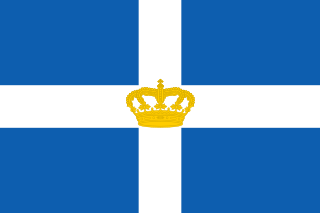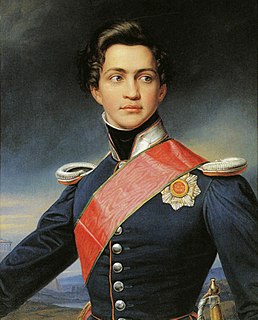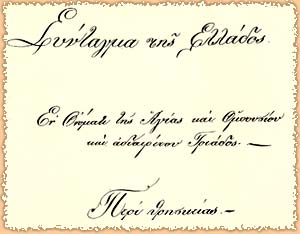
The Prime Minister of the Hellenic Republic, colloquially referred to as the Prime Minister of Greece, is the head of government of the Hellenic Republic and the leader of the Greek cabinet. The incumbent prime minister is Alexis Tsipras, who took office on 21 September 2015.
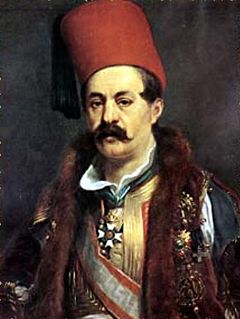
Ioannis Kolettis was a Greek politician who played a significant role in Greek affairs from the Greek War of Independence through the early years of the Greek Kingdom, including as Minister to France and serving twice as Prime Minister.

Dimitrios Kallergis was a fighter of the Greek War of Independence, major general, politician and one of the most important protagonists of the 3 September 1843 Revolution.
The Greek national assemblies are representative bodies of the Greek people. During and in the direct aftermath of the Greek War of Independence (1821–1832), the name was used for the insurgents' proto-parliamentary assemblies. Thereafter, the term has been used for a number of extraordinary assemblies chiefly in regard to changes in the Constitution and the form of government of Greece.
In the modern history of Greece, starting from the Greek War of Independence, the Constitution of 1975/1986/2001 is the last in a series of democratically adopted Constitutions.
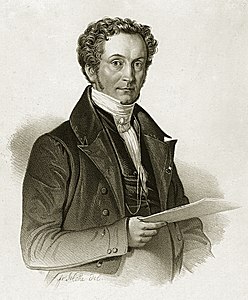
Ignaz Ritter von Rudhart was a Bavarian scholar and public servant who was dispatched to Greece to serve as President of the Privy Council during the reign of King Otto.

The history of the Hellenic Republic constitutes three discrete republican periods in the modern history of Greece: from 1822 until 1832; from 1924 until 1935; and from 1974 through to the present. See also the constitutional history of Greece.

The First Hellenic Republic is a historiographical term for the provisional Greek state during the Greek War of Independence against the Ottoman Empire. It is used to emphasize the constitutional and democratic nature of the revolutionary regime prior to the establishment of the independent Kingdom of Greece, and associate this period of Greek history with the later Second and Third Republics.

The Speaker, properly the President of the Hellenic Parliament. The president's term coincides with the term of the assembly, and he or she is chosen by a vote during the opening session, after each legislative election. Following is a list of Speakers of the Hellenic Parliament or other national legislative bodies such as the Greek Senate, from the time of the Greek War of Independence till present. The official order of precedence ranks the Speaker of the Hellenic Parliament in the 3rd position, after the President of the Republic and the Prime Minister.
Constitutional Assembly elections were held in Bulgaria on 10 June 1990, with a second round for eighteen seats on 17 June. They were the first elections held since the fall of Communism the previous winter, and the first free national elections since 1931. The elections were held to elect the 7th Grand National Assembly, tasked with adopting a new (democratic) constitution. The new electoral system was changed from 400 single-member constituencies used during the Communist era to a split system whereby half were elected in single member constituencies and half by proportional representation. The result was a victory for the Bulgarian Socialist Party, the freshly renamed Communist Party, which won 211 of the 400 seats. Voter turnout was 90.3%.
The Fifth National Assembly of the Greeks convened at Argos on 5 December 1831, before relocating to Nafplion in early 1832.

Constitutional Assembly elections were held in Latvia on 17 and 18 April 1920. The Latvian Social Democratic Workers' Party emerged as the largest party, winning 57 of the 150 seats. The elections were boycotted by communist parties. The Constitutional Assembly was responsible for drafting a constitution, which was approved on 15 February and promulgated on 7 November 1922.
Elections for the Constituent Assembly were held in Denmark on 5 October 1848. Of the 158 seats in the Assembly, 114 were elected and 44 appointed by the King. An additional 31 candidates were to come from the Duchy of Schleswig but were not elected due to the First Schleswig War.
Parliamentary elections were held in Greece between June and August 1844. Supporters of Andreas Metaxas emerged as the largest block in Parliament. However, Ioannis Kolettis became Prime Minister on 18 August.
Indirect Constitutional Assembly elections were held in Luxembourg on 28 July and 4 August 1918. The Party of the Right emerged as the largest party, winning 23 of the 53 seats. The Assembly was tasked with revising the constitution to democratise the country's political structure. The amendments were promulgated on 15 May 1919, introducing proportional representation and the option of holding referendums.
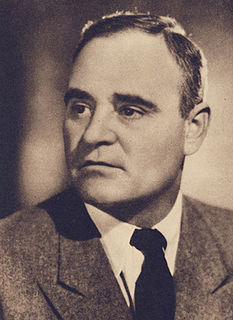
Parliamentary elections were held in Romania on 30 November 1952. They were the second held under undisguised Communist rule, and the first under a constitution adopted that September. Voters were presented with a single slate of candidates from the People's Democratic Front, which was dominated by the Romanian Workers Party. The Front won all 428 seats in the Great National Assembly. This election set the tone for all elections held in Romania until 1989. For the remainder of the Communist era, voters only had the choice of approving or rejecting a Communist-dominated list.


